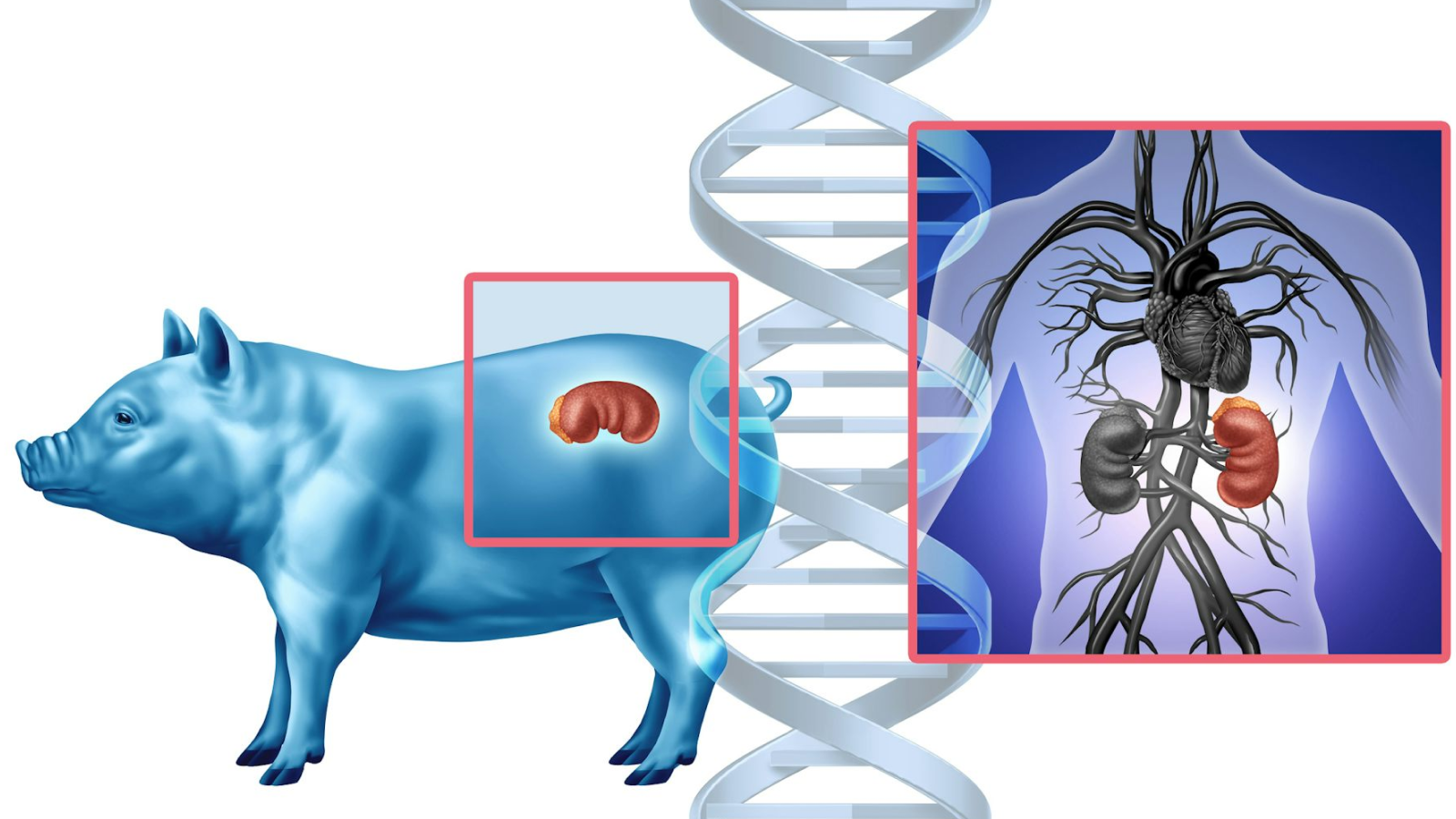Today's Teens More Prone to Genital Herpes, Study Suggests

Teens today may be more susceptible to one type of genital herpes infection once they become sexually active than teens in years past, a new study suggests.
In the study, adolescents ages 14 to 19 who had their blood tested between 2005 and 2010 were less likely to have antibodies against herpes simplex virus type 1(HSV-1) compared with teens who had their blood tested between 1999 and 2004. In this age group, the percentage of those with antibodies against HSV-1 declined 23 percent.
HSV-1 is a common cause of cold sores, but it can also cause genital herpes. In fact, in recent years, the virus is causing an increasing portion of genital herpes infections — as many as 60 percent of genital herpes infections among young adults in the United States. [Quiz: Test Your STD Smarts]
The reason for the decline in HSV-1 protection among young people over the years is likely the result of improved living conditions and better hygiene, which makes young people less likely to contract oral herpes, the researchers said.
(function() { var id = "hgplayer-holder-" + Math.floor(Math.random()*9000), hgs = document.createElement('script'); document.write('<div id="'+id+'" ></div>'); hgs.type = 'text/javascript'; hgs.async = true; hgs.src = 'http://p.hgcdn.net?t=P4tN&appendTo='+encodeURIComponent('#'+id)+'&url='+encodeURIComponent(location.href) ; var s = document.getElementsByTagName('script')[0]; s.parentNode.insertBefore(hgs, s); })();
The lack of antibodies against HSV-1 in today's teens suggests that many are not becoming infected with the virus when they are children; during childhood the virus typically spreads through skin-to-skin contact. As a result, they may be more prone to contracting HSV-1 as a sexually transmitted disease once they become sexually active, according to the researchers from the Centers for Disease Control and Prevention.
In addition, teen who lack antibodies against HSV-1 may be more likely to develop symptoms from an infection with herpes simplex virus type 2 (HSV-2), another type of herpes simplex virus that is almost always transmitted sexually, and tends to cause more severe disease than HSV-1.
Get the world’s most fascinating discoveries delivered straight to your inbox.
In the past, doctors were taught that HSV-1 causes illness "above the waist," while HSV-2 causes illness below the waist, said Dr. William Schaffner, a professor of preventive medicine and infectious disease at Vanderbilt University in Tenn., who was not involved in the new study.
But, "for over a decade, HSV-1 has been migrating below the waist as cause of genital herpes," Schaffner said.
The reason for this appears to be a decrease in protection against HSV-1 — shown in the new study as a decline in teens with antibodies against HSV-1 — coupled with an increase in the prevalence of oral sex, which can spread oral herpes viruses from the mouth to the genitals, Schaffner said.
"HSV-1 is now having the opportunity to cause more and more herpes in the genital area," Schaffner said.
The new study analyzed information from people in the U.S ages 14 to 49 during two time periods: from 1999 to 2004, and from 2005 to 2010. The percentage of people with antibodies against HSV-1 declined for all age groups between the two time periods, but the biggest decline was seen among teens. The percentage of people with antibodies against HSV-2 did not change.
While fewer oral herpes infections in kids may sound like a good thing, it had the unanticipated effect of an increase in HSV-1genital herpes infections, Schaffner said.
This increase could in turn lead to an increase in the future in genital herpes infections passed from mother to child during birth, Dr. David Kimberlin, of the University of Alabama at Birmingham, wrote in an editorial accompanying the study. If we begin to see more HSV-1 infections in teens as they become sexually active "it is logical to hypothesize that we will see neonatal herpes more frequently over the next decade," Kimberlin said.
Herpes infections in babies can cause serious disease, and even death.
The findings underscore the need to develop a herpes vaccine that protects against both HSV-1 and HSV-2, Schaffner said.
Scientists should continue to monitor HSV-1 and HSV-2 antibodies in teens to better understand the changing epidemiology of the disease, and inform vaccine development, the CDC researchers said.
Follow Rachael Rettner @RachaelRettner. Follow LiveScience @livescience, Facebook & Google+. Original article on LiveScience.

Rachael is a Live Science contributor, and was a former channel editor and senior writer for Live Science between 2010 and 2022. She has a master's degree in journalism from New York University's Science, Health and Environmental Reporting Program. She also holds a B.S. in molecular biology and an M.S. in biology from the University of California, San Diego. Her work has appeared in Scienceline, The Washington Post and Scientific American.


